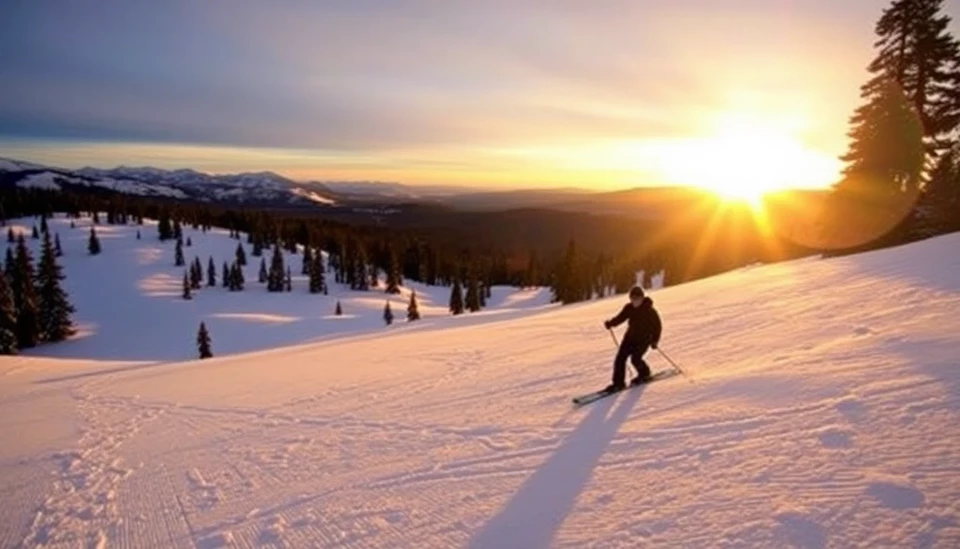
As the planet grapples with the undeniable effects of climate change, winter sports enthusiasts and ski resorts are experiencing an unsettling phenomenon: the shrinking winter season. Reports indicate that warmer temperatures have resulted in a significant decrease in snowfall, fundamentally altering the landscape of winter sports and posing a substantial threat to ski resorts around the globe.
Experts warn that rising temperatures are not just creating mild winters; they are stealing weeks from the snowy season—a crucial period for ski resorts reliant on consistent snowfall to attract visitors. According to various meteorological studies, over the past few decades, winter in many regions has shrunk by as much as three weeks due to climate change. This drastic shift has forced ski resorts to adapt or potentially face closure under the pressure of lower visitor numbers and financial constraints.
The implications of this shrinking winter are felt most acutely in regions traditionally known for their winter sports. Resorts have reported fewer ski days available for their guests, impacting overall revenue. Many have resorted to investing heavily in snowmaking technology, but this is often not enough to fully compensate for the natural snowfall that is becoming increasingly scarce. Additionally, this artificial snow requires substantial water and energy, raising sustainability concerns.
Compounding the issue is the shift in consumer behavior as skiers are beginning to rethink their winter holiday plans. An increase in adverse weather, including rain rather than snow, has led many to choose alternative destinations or activities, further exacerbating the financial woes of ski resorts. Some resorts are trying to combat this trend by diversifying their offerings, creating summer mountain activities to maintain a steady flow of visitors year-round.
The economic ripple effects extend beyond the resorts themselves, affecting local businesses, employment, and the broader tourism ecosystem. Many jobs in mountain towns are tied to ski season earnings, leading to increasing uncertainty for those who depend on these seasonal employment opportunities. As winter sports lose their appeal, communities are left grappling with what a future without a robust winter season may look like.
As ski resorts adapt to these challenges, conservation efforts are being emphasized more than ever. Environmental advocates stress the urgent need for policies aimed at mitigating climate change impacts. From investing in sustainable practices to advocating for stronger climate policies, the ski industry is being called upon to lead by example in fighting against the very changes threatening its existence.
In conclusion, the alarming trend of winters shortening is a clarion call for the ski industry and winter communities worldwide. As the climate continues to change, skiing and snowboarding enthusiasts must face the reality that their beloved seasons may never return to what they once were, making immediate and sustained action essential for the future of winter sports.
#ClimateChange #SkiResorts #WinterSports #GlobalWarming #Snowfall #EnvironmentalImpact #Sustainability #WinterSeason
Author: Peter Collins




